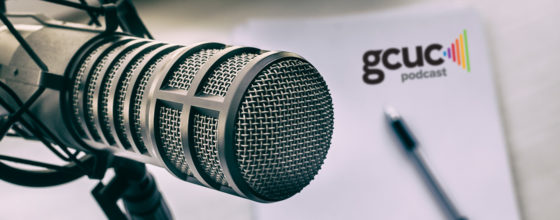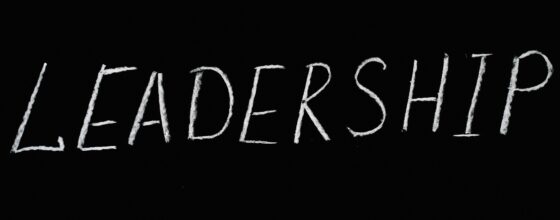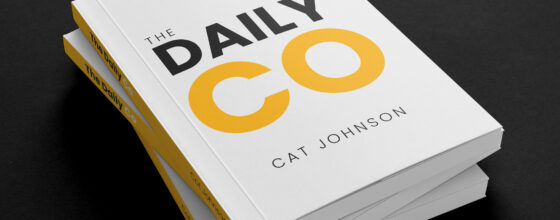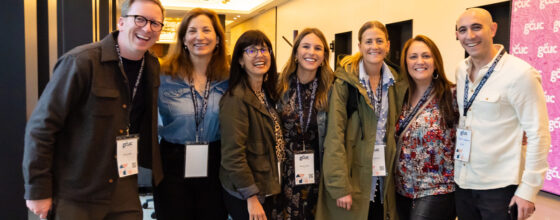Future Forward: Reimagining Hospitality in Workspaces by 2050
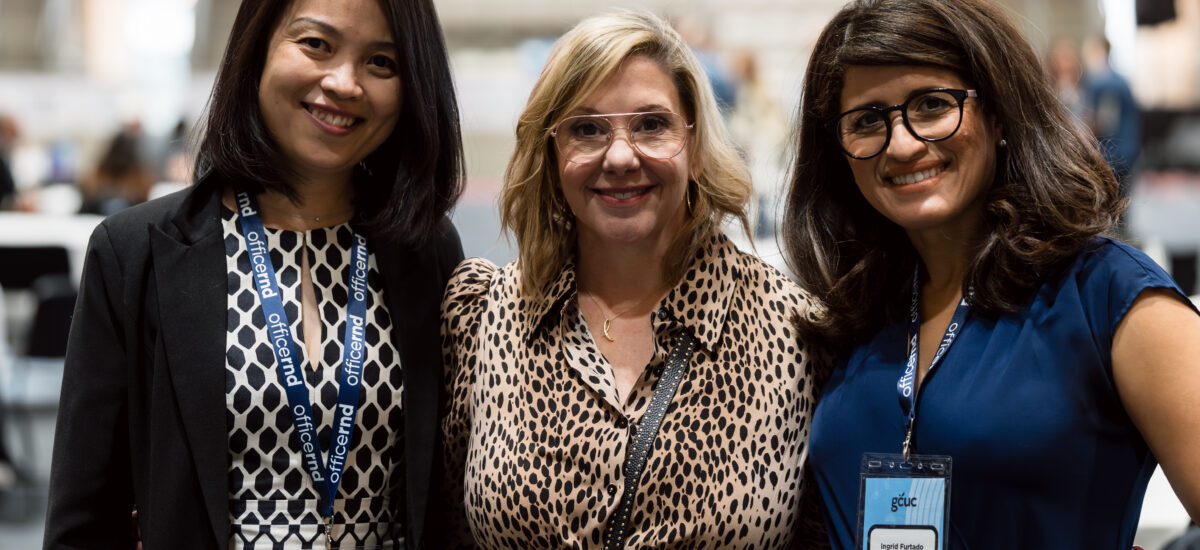
What does hospitality look like in a world transformed by climate change, automation, and shifting values? At GCUC Boston, three futurists—Ingrid Furtado, Lucy W. Ziegler, and Liz Elam—led attendees on an eye-opening journey through time, imagining how workspaces and the concept of hospitality might evolve by the year 2050.
The Power of Foresight
The session was grounded in foresight—a discipline that helps organizations think long-term by analyzing trends, exploring possible futures, and preparing for change. As the trio explained, foresight isn’t about prediction—it’s about preparedness. Through extensive research, interviews, and trend-mapping, the team crafted four provocative scenarios for what the future might hold.
Five Trends Shaping the Future
Before diving into the future, the presenters outlined key macro trends already reshaping our world:
- AI-Powered Environments: Workspaces will become more intelligent and responsive, using automation to personalize and optimize experiences.
- Blurred Boundaries: The lines between work, home, and hospitality will dissolve as flexibility becomes the norm.
- Mental Wellness as Core Design: Wellbeing will no longer be a perk—it will be fundamental.
- Climate Resilience: Workspaces must adapt to environmental disruptions, from floods to heat waves.
- Entrepreneurial Rise: Remote work and freelancing will drive demand for diverse, hybrid work environments.
Four Futures of Hospitality and Work
Each scenario presented a unique window into the world of 2050, shaped by different trajectories of technological, environmental, and social change:
🌿 1. Gradual Evolution (The Baseline Scenario)
A logical extension of today’s trends, this future features:
- AI-enhanced workplace personalization
- Flexible schedules and space use
- Blended corporate and community-oriented work environments
It’s a world that feels familiar but more integrated and convenient—where hospitality quietly permeates every interaction.
🧠 2. Neuro Haven
In response to mental health crises and environmental stress, this scenario places wellness at the center:
- Concierge-style mental health services
- Biophilic and neuro-responsive design
- Floating infrastructures to combat climate displacement
Ingrid’s vision reminded the audience that emotional wellbeing could become a design principle—not an afterthought.
🌱 3. Regenerative Nexus
The most radical transformation imagined a post-capitalist future:
- Purpose-driven communities
- Workspaces that heal the planet
- Circular economies and decentralized ownership
Lucy described this future as “the workspace becoming a catalyst for environmental and social regeneration.”
🧩 4. The Oblivion Grid
A cautionary tale of unchecked tech:
- Virtual-only environments
- Widespread loneliness and burnout
- Algorithmic control over human interaction
Liz left the audience with a parting thought- emphasizing that this scenario is avoidable—if we make the right choices now.
Why This Matters
This session was not just academic; it was a call to action. Attendees were reminded that the future isn’t fixed—we build it with every decision we make today. Whether you run a coworking space, lead a team, or design the places where people gather, your choices can bend the arc toward a more humane, connected, and resilient tomorrow.
As Liz put it on stage, “Foresight is a mindset—and our job is to choose the future we want to live in.”
Takeaway for Workspace Leaders:
If you’re not actively engaging with foresight, you’re missing the opportunity to shape your future rather than react to it. Start asking “What if?” and design for the possibilities that emerge.
Want to bring foresight into your own organization? Let’s talk. Email us at [email protected] for more information or catch us at the next GCUC Conference- Manchester.

